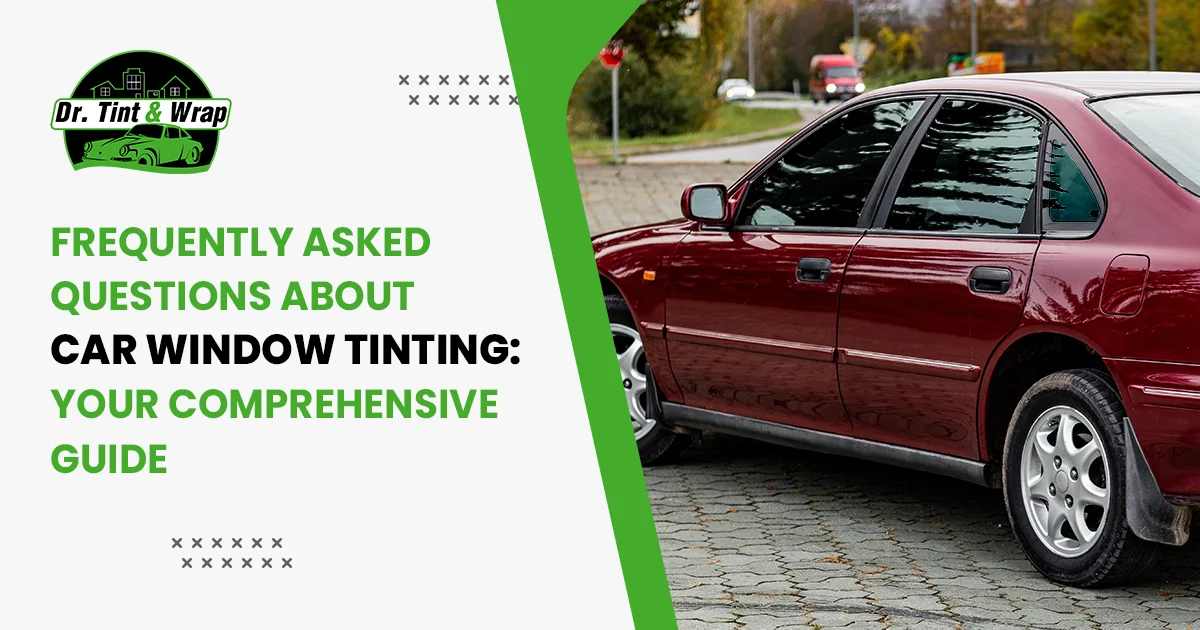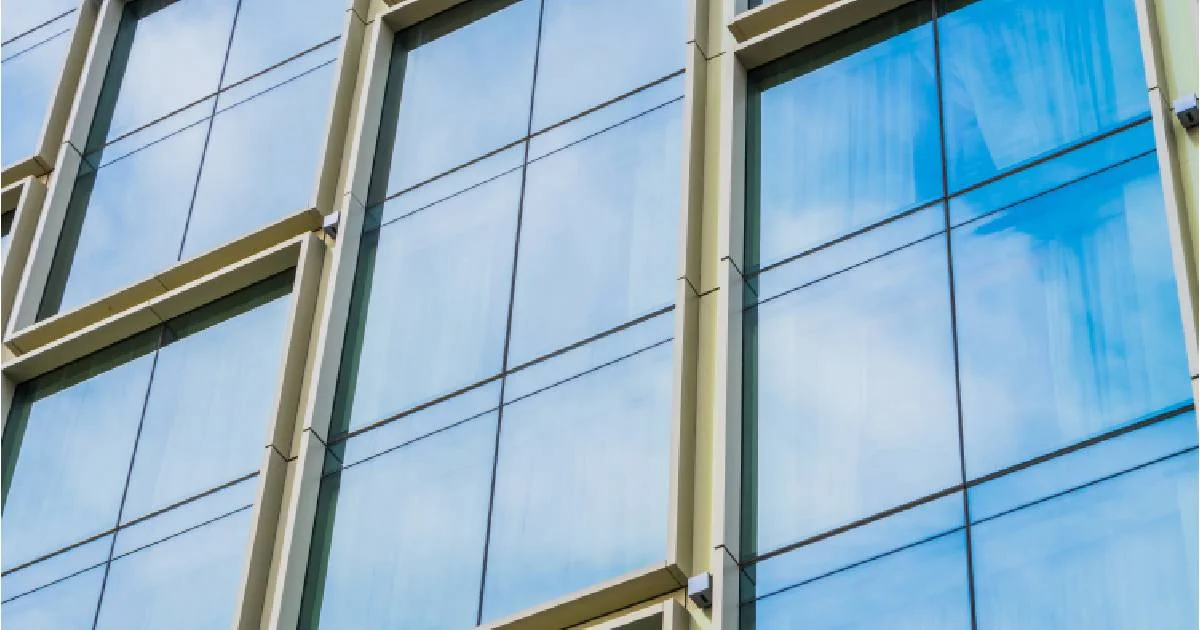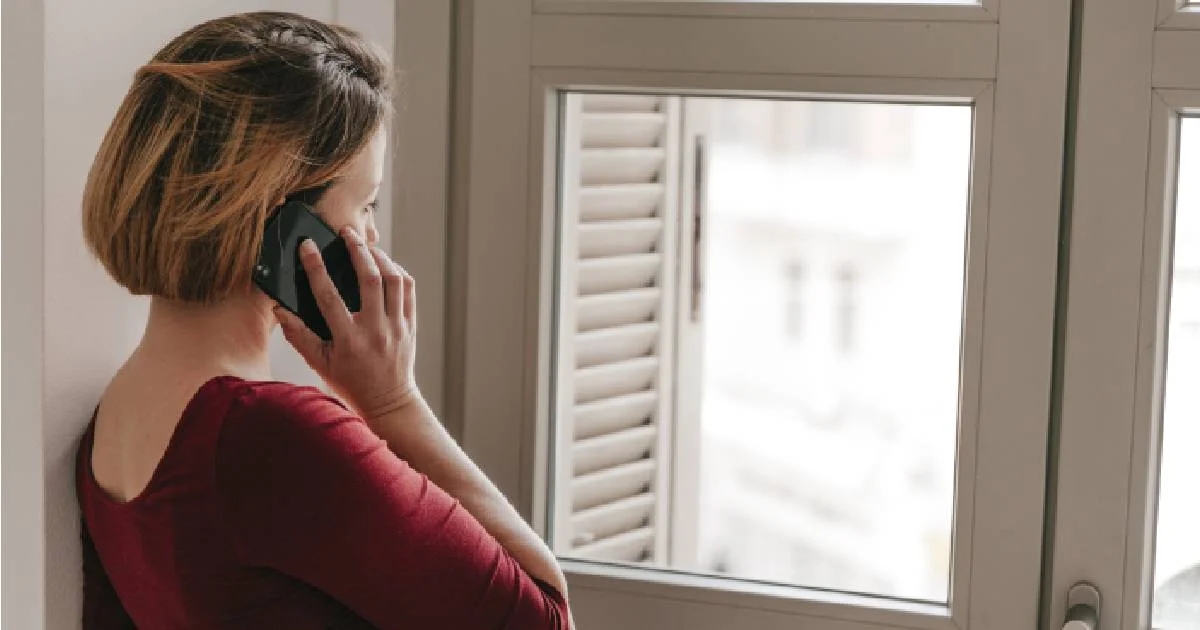
Frequently Asked Questions about Car Window Tinting: Your Comprehensive Guide
11 Oct 2023, By AdminCar window tinting has become increasingly popular for its numerous benefits, from enhancing privacy and aesthetics to protecting against harmful UV rays. However, with its rising popularity, there come several questions. In this blog post, we'll address some of the most common queries people have about car window tinting, providing accurate and informative answers to help you make an informed decision.
1.Why should I tint my car windows?
Car window tinting offers several benefits, including UV protection, heat reduction, glare reduction, enhanced privacy, and safeguarding your vehicle's interior from fading. It also adds to the overall aesthetics of your car.
2. Is car window tinting legal?
Yes, but the legal limits vary by state and country. It’s crucial to check local regulations. Most places have restrictions on how much visible light can pass through the tint. Professional tinting services are typically aware of local laws and ensure your tinting adheres to these regulations.
3. Can window tinting prevent my skin from getting damaged by UV rays?
Yes, quality window tints block a significant amount of UV rays, reducing your exposure and minimizing the risk of skin damage. This protection is especially important for people who spend a lot of time driving.
4. Does window tinting interfere with visibility, especially at night?
When professionally installed, window tints should not interfere with visibility, both during the day and at night. It’s essential to choose an appropriate tint shade and have it installed correctly to ensure clear visibility.
5. How long does the tinting process take?
The time taken to tint your car windows depends on the type of vehicle and the complexity of the job. On average, it takes a professional installer a few hours to complete the process. However, this can vary, so it’s best to check with the service provider.
6. Can I wash my car immediately after tinting?
No, you should wait a few days before washing your car after window tinting. This allows the adhesive to cure completely, ensuring the tint adheres properly to the glass. Follow the specific guidelines provided by the tinting professional for the best results.
7. How long will window tinting last?
The lifespan of window tinting varies based on the quality of the tint and the installation. High-quality tints, when professionally installed, can last between 10 to 15 years. Regular maintenance and cleaning also play a role in prolonging the tint’s life.
8. Can I tint my windows myself with a DIY kit?
While DIY kits are available, professional installation is recommended for the best results. Professional installers have the expertise and tools to ensure the tint is applied evenly and without bubbles or imperfections. DIY tinting can often result in subpar outcomes.
9. Will window tinting interfere with my car's electronics or radio signals?
No, high-quality window tints do not interfere with your car’s electronics or radio signals. Modern window films are designed to be non-conductive and won’t disrupt your vehicle's electrical systems.
10. How do I maintain my tinted windows?
Maintaining tinted windows is relatively easy. Clean them with a mild, non-ammonia-based cleaner and a soft cloth. Avoid using abrasive materials that could scratch the surface. Regular cleaning helps maintain the tint's appearance and longevity. In conclusion, car window tinting is a practical and valuable investment for your vehicle. By understanding the process and benefits, you can make an informed decision and enjoy the many advantages that tinted windows offer. Always opt for professional installation to ensure a high-quality and long-lasting result.

How to Find the Best Car Window Tinting Service in Hamilton
11 Oct 2023, By AdminIntroduction
Car window tinting not only enhances the aesthetics of your vehicle but also provides numerous benefits such as UV protection, heat reduction, and increased privacy. If you're in Hamilton and in search of the best car window tinting service, you've come to the right place. In this guide, we'll walk you through the steps to find the perfect tinting service for your car, ensuring quality and customer satisfaction.
Why is car window tinting important?
Car window tinting offers several benefits, including UV protection, heat reduction, enhanced privacy, and aesthetic appeal. It also helps protect your vehicle's interior from sun damage.
How can I find car window tinting services in Hamilton?
Start by searching online using the keyword 'car window tinting Hamilton.' You'll find a list of service providers in the area. Additionally, ask for recommendations from friends, family, or local car enthusiasts.
What factors should I consider when choosing a tinting service?
Consider the experience of the service provider, the quality of tint films used, customer reviews, and the warranty offered. Check if they comply with local tinting regulations and offer a variety of tint shades to suit your preferences.
Is it essential to choose a licensed and insured service?
Yes, it's crucial. A licensed and insured service provider ensures professionalism and compliance with industry standards. It also protects you in case of any unforeseen issues during the tinting process.
What types of tint films are available, and how do I choose the right one?
There are various tint film options, including dyed, metalized, carbon, and ceramic films. The choice depends on your priorities—whether you prioritize heat reduction, UV protection, or a particular aesthetic. Ask the service provider for recommendations based on your needs.
Are there different types of window tint films, and how do I choose the right one for my car in Hamilton?
Yes, there are various types of window tint films, and choosing the right one depends on your preferences and needs:
- Dyed Film: Offers a non-reflective appearance and absorbs solar heat. It's a budget-friendly option but may not provide as much heat rejection as other types.
- Metalized Film Provides excellent heat rejection and durability. It contains metallic particles for added sun protection but may interfere with electronic signals.
- Carbon Film Combines matte finish with high heat rejection. Carbon tinting is known for its color stability and does not interfere with signals.
- Ceramic Film Offers superior heat rejection without using metal layers. It is non-metallic, non-conductive, and allows for excellent visibility. However, it tends to be more expensive.
Consider your budget, aesthetic preferences, and desired level of heat rejection when choosing the right tint for your car in Hamilton. Discuss these factors with the tinting service to make an informed decision.
By considering these factors and asking the right questions, you can find the best car window tinting service in Hamilton that meets your needs and provides quality results.

How To Increase Productivity With Commercial Window Tinting
11 Oct 2023, By AdminIn today's fast-paced business world, maximizing productivity is paramount. One often overlooked but highly effective method to enhance workplace efficiency is through office window tinting. Commercial window tinting can offer numerous benefits that contribute to a more productive and comfortable work environment.
Reduce Glare and Eye Strain
Natural light is essential for a pleasant office atmosphere, but too much sunlight can cause glare on computer screens and other surfaces, leading to eye strain and discomfort. Office window tinting can significantly reduce glare, allowing employees to work more comfortably and efficiently. Less squinting and fewer headaches mean better focus and higher productivity.
Improve Climate Control and Comfort
Maintaining a comfortable temperature in an office is crucial for employee satisfaction and productivity. Office window tinting helps regulate indoor temperatures by blocking excessive heat from the sun. This reduces the reliance on air conditioning systems, leading to a more stable and comfortable environment. Employees are less likely to be distracted by temperature fluctuations, which can enhance overall work performance.
Enhance Privacy and Security
Privacy is often a concern in office settings, especially for ground-floor or street-facing windows. Office window tinting can provide an added layer of privacy without sacrificing natural light. Employees can feel more secure and less exposed, which can contribute to a more relaxed and focused work environment. Additionally, tinted windows can deter potential break-ins, as they make it more difficult for outsiders to see valuable equipment inside.
Reduce Energy Costs
Energy efficiency is not only good for the environment but also for your company's bottom line. Office window tinting can help lower energy consumption by reducing the amount of heat entering the building. This means your heating, ventilation, and air conditioning (HVAC) systems don’t have to work as hard to maintain a comfortable temperature. Lower energy bills can free up resources for other productivity-enhancing investments.
Protect Furniture and Equipment
Sun exposure can cause significant damage to office furniture, carpets, and electronic equipment over time. UV rays can lead to fading, discoloration, and deterioration, resulting in frequent replacements and repairs. Office window tinting blocks up to 99% of harmful UV rays, prolonging the life of your office furnishings and equipment. This not only saves money but also ensures that your office remains an aesthetically pleasing and professional environment.
Boost Employee Morale
A well-lit, comfortable, and aesthetically pleasing office can significantly impact employee morale. Happy employees are more productive and engaged in their work. Office window tinting contributes to creating a pleasant work atmosphere by reducing glare, controlling temperature, and ensuring privacy. When employees feel comfortable and valued, they are more likely to be motivated and productive.
Increase Focus and Concentration
Reducing external distractions is crucial for maintaining focus in a busy office environment. Office window tinting can help minimize outside distractions by limiting the view into and out of the building. This creates a more controlled and focused work environment, allowing employees to concentrate better on their tasks.
Office window tinting is a cost-effective and efficient way to enhance productivity in your workplace. By improving comfort, enhancing privacy, regulating temperature, protecting against UV rays, and adding aesthetic value, window tinting creates a more conducive environment for employees to thrive. Investing in office window tinting can lead to happier, more productive employees and a more successful business overall.

Smart Home Integration: The Future of Window Tinting for 2023
11 Oct 2023, By AdminIn a rapidly advancing world of technology and automation, our homes are becoming smarter by the day. From thermostats that adapt to our preferences to voice-controlled lighting systems, we are witnessing a revolution in the way we interact with our living spaces. Window tinting, once seen as a simple solution for privacy and heat reduction, is also stepping into the future.
The Basics of Home Window Tinting
Before we delve into the future of window tinting, let's start with the basics. Home window tinting involves applying a thin film to the interior or exterior of your windows. These films are designed to reduce the amount of visible light, UV rays, and heat that enters your home. They offer several benefits, including:
- Energy Efficiency: Tinted windows can help regulate indoor temperatures, reducing the need for excessive heating or cooling, thereby saving energy and lowering utility bills.
- Privacy: Tinted windows can provide privacy by preventing outsiders from peering into your home while maintaining your view of the outside.
- UV Protection: Tinted windows block harmful UV rays, protecting your furniture, flooring, and artwork from fading and sun damage.
- Glare Reduction: Tinted windows can significantly reduce glare on screens, making it more comfortable to watch TV or work on a computer.
- Enhanced Security: Some advanced tints can reinforce your windows, making them more resistant to shattering.
Smart Home Integration
The integration of window tinting into the broader ecosystem of smart homes is undoubtedly one of the most exciting developments in the field. Here's how it's evolving in 2023:
- Automated Tint Control: Smart window tinting allows homeowners to control the tint level of their windows with a simple touch of a button or a voice command. Through smartphone apps or smart home systems like Amazon Alexa or Google Home, you can easily adjust the tint to suit your preference, time of day, or specific needs. For example, you can schedule your windows to tint at certain hours to reduce heat and glare during the brightest parts of the day.
- Sunlight Sensing Technology: Many modern window tinting solutions are equipped with sunlight sensors. These sensors can detect the intensity of sunlight and automatically adjust the tint level accordingly. When the sun is at its peak, the tint darkens to block excessive heat and glare. As the day transitions into evening, the tint lightens to allow more natural light into your home.
- Integration with Smart Home Systems: Smart window tinting is now seamlessly integrated with other smart home systems. This means that you can coordinate your window tinting with other smart devices in your home. For instance, if your thermostat detects a rise in temperature, it can trigger your window tinting to darken, helping your HVAC system maintain a comfortable indoor environment more efficiently.
- Voice Commands: Voice-activated controls are becoming increasingly popular in smart homes. Window tinting can now be adjusted with a simple voice command. Imagine saying, "Alexa, tint the living room windows," and watching as your windows respond accordingly. This level of convenience and automation is making life in a smart home even more enjoyable.
- Energy Efficiency: Smart window tinting not only enhances comfort but also contributes to energy savings. By working in conjunction with your smart thermostat, it ensures that your home remains at an optimal temperature. This reduces the load on your heating and cooling systems, ultimately lowering your energy consumption and utility costs.
Conclusion
In 2023, home window tinting has evolved from a simple, passive solution to an integral part of the smart home ecosystem. It not only provides the traditional benefits of privacy, UV protection, and glare reduction but also contributes to energy efficiency and enhances the overall quality of life in your home. With the integration of automation, sunlight sensors, and compatibility with other smart devices, the future of window tinting is undoubtedly bright.
As technology continues to advance, we can expect even more exciting developments in the world of home window tinting. The future is now, and it looks clear, comfortable, and smart, thanks to these innovative solutions that are transforming our living spaces. So, if you haven't considered smart window tinting for your home, it might be time to embrace the future of living comfortably and efficiently.
